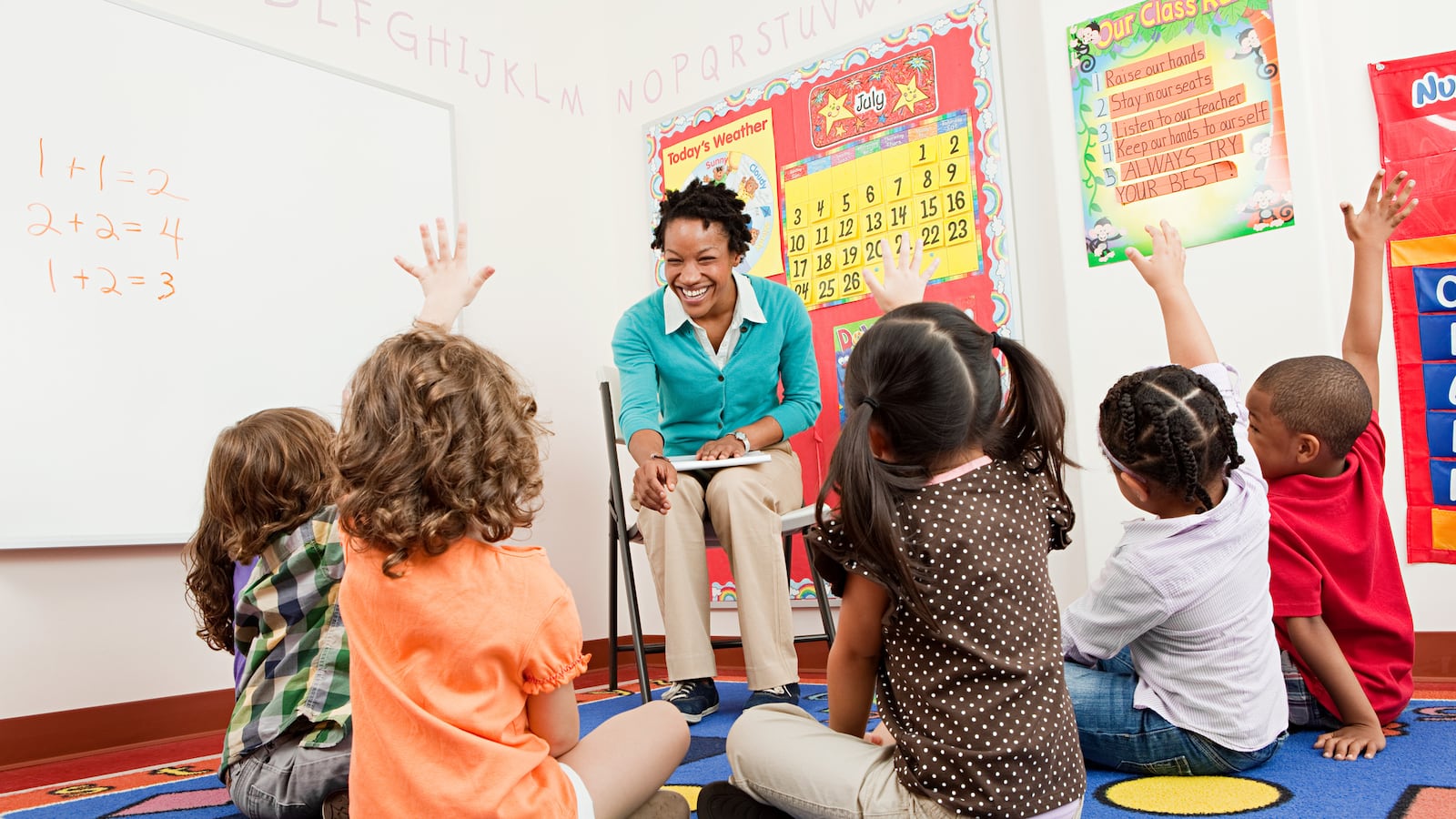The U.S. Supreme Court is actively weighing a proposed change to the U.S. census that would likely result in immigrants going uncounted. In Illinois, early childhood advocates are also fretting over a different group that has long been undercounted: babies and toddlers.
If young children are not accurately counted, the state could end up with too little money to spend on nutrition, early education, health insurance, and Head Start programs for children. Plus, because census data is used to plan where schools and other facilities are built, undercounting children could lead to school capacity that does not match community needs.
The citizenship question that the Trump administration is trying to add to the census would likely deter immigrant families from completing the census. It’s less clear why young children — ages 0 to 4 — have long been the most undercounted group in the U.S.
At a meeting Monday of the state’s Early Learning Council, a group of early education leaders from across Illinois, advocates called on nonprofits, organizers, government, and early childhood educators to play an active role in getting families to complete the 2020 census.
Doing so would give the state its best shot at having an accurate tally of young children, the advocates said — and could prevent Illinois from losing yet another Congressional seat because of declining population.
Tracy Occomy Crowder, senior organizer at Community Organizing and Family Issues, a Chicago nonprofit working with low-income families, was at the meeting and said she came away wanting to use her organization’s resources and connections with families to prepare for the 2020 Census. But she said her team doesn’t yet know how to solve the census problem.
“Our first order of business is to understand why is this happening,” Crowder said. “What are we really dealing with here in terms of why the little ones are being undercounted? And then we can craft our strategy.”
In 2010, the census missed an estimated 10 percent of children ages 0 to 4, according to research from Count All Kids and Partnership for America’s Children, two groups working to improve census accuracy. Children are most likely to go uncounted when their primary caregiver isn’t a biological or adopted parent — a reality for many children in Illinois.
“Children are the most undercounted in the state which is why it’s important for ELC to pay attention,” Phyllis Glink, co-chair of the Early Learning Council, said at the meeting. “This is an issue that will affect us in dramatic ways. Think about how your networks and your avenues can get engaged.”

